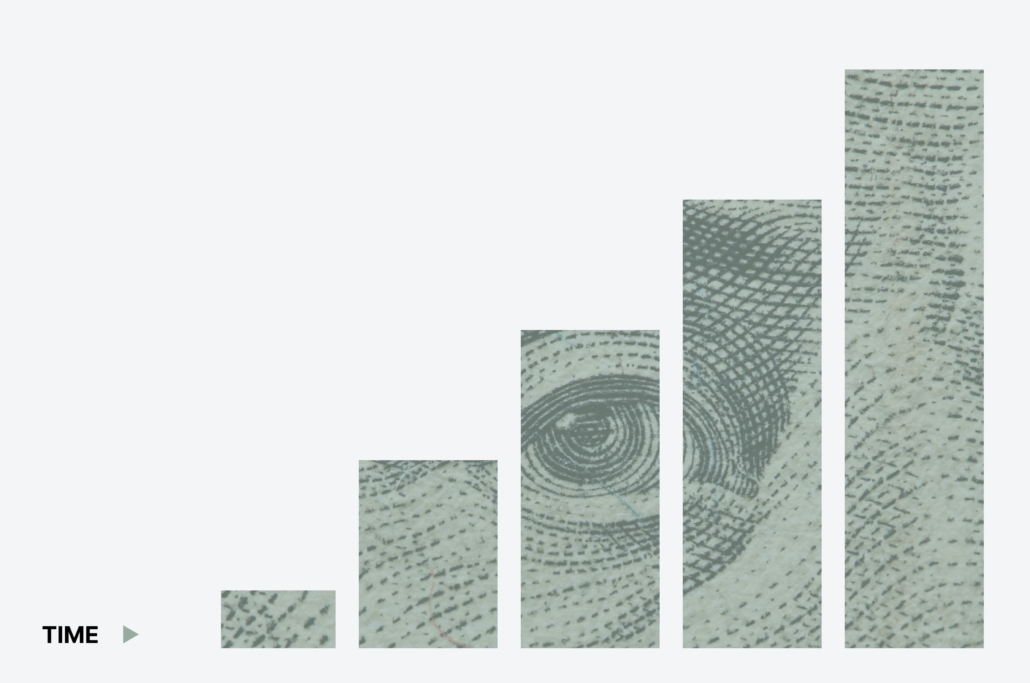
Due to regulatory changes, this post may no longer be our best advice to student loan borrowers, but has been retained for archival purposes.
Just like other types of debt, student loans aren’t immune to different economic pressures, and that includes interest rates, which stem from the U.S. Federal Reserve. Whether you’re a finance fanatic, a casual consumer of the news, or just an ordinary consumer, you know that inflation is the hot topic in the economy right now. The Federal Reserve, or simply The Fed, was created in 1913 to be the nation’s arbiter of monetary policy, protecting the power of the U.S. dollar. One of their most-used tools is their control of interest rates, which causes other banks and lenders to modify their own interest rates, which can influence the public’s borrowing tendencies.
As inflation has spiraled out of control over the last year, The Fed has been slow to react and raise interest rates. With inflation at record heights, however, it’s finally springing into action and is raising rates with potentially steeper rates soon to follow. While this follows the conventional wisdom that higher interest rates could stymie inflation, it also means that those who rely on loans or credit will soon be paying for those higher rates, including student loan borrowers. With the recent rate hike, student loan interest rates have already gone up, and experts expect that trend to continue.
Whether the interest rate hike is something that should concern you will depend on your particular student loan situation and strategy. If you have federal student loans, it depends on what you’re doing with those loans. If you are pursuing Public Service Loan Forgiveness, the change in interest rates doesn’t really impact you. If you’re not, you will only be affected if you were hoping to refinance those loans.
Borrowers with private student loans are those most affected by the interest rate change. If you are on a fixed-rate loan and were able to lock-in at a great rate, you should be good to go. For those with variable-rate loans, you are likely to see your rates increase over time as The Fed continues their tactic to combat inflation. If you borrowed at a time when rates were high and had planned to refinance to a lower rate, your window of opportunity may be closing. Talk to your student loan professionals and make sure you can take advantage of still-low rates before The Fed progresses with increasingly aggressive interest hikes.
